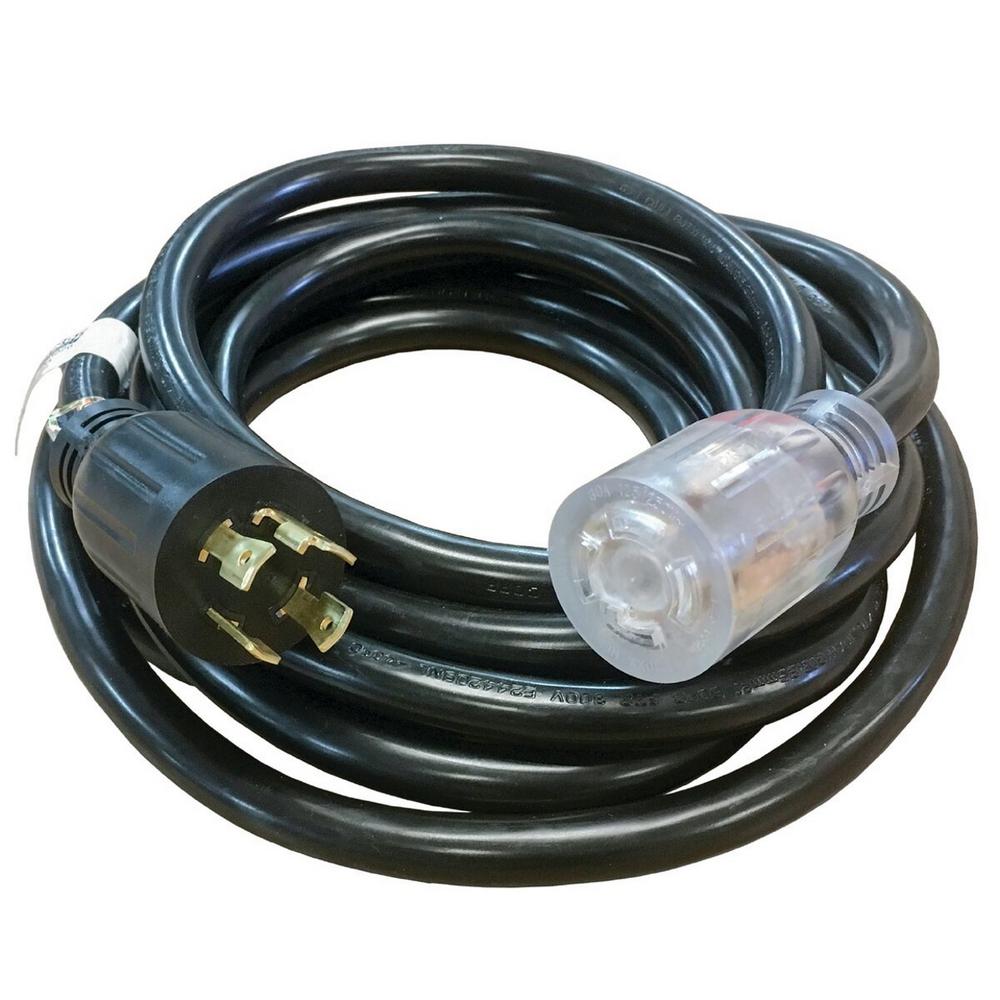
 2
2




 3
3




This is all just my opinion based on a flawed memory

 5
5




Sourdough Without Fail Natural Small Batch Cheesemaking A Year in an Off-Grid Kitchen Backyard Dairy Goats My website @NourishingPermaculture @KateDownham







 1
1




Some places need to be wild
 1
1




Iterations are fine, we don't have to be perfect
My 2nd Location:Florida HardinessZone:10 AHS:10 GDD:8500 Rainfall:2in/mth winter, 8in/mth summer, Soil:Sand pH8 Flat




 3
3




For all your Montana Masonry Heater parts (also known as) Rocket Mass heater parts.
Visit me at
dragontechrmh.com Once you go brick you will never go back!
 1
1




"You must be the change you want to see in the world." "First they ignore you, then they laugh at you, then they fight you, then you win." --Mahatma Gandhi
"Preach the Gospel always, and if necessary, use words." --Francis of Assisi.
"Family farms work when the whole family works the farm." -- Adam Klaus







Iterations are fine, we don't have to be perfect
My 2nd Location:Florida HardinessZone:10 AHS:10 GDD:8500 Rainfall:2in/mth winter, 8in/mth summer, Soil:Sand pH8 Flat
 3
3




Yes I have a recommendation, from something I learned the hard way. Look at the Total Harmoic Distortion (THD) output from the generator. THD kills sensitive electronics, like oven and refrigerator controls, digital thermostats, new digitally controlled washers and dryers, the control panel in modern furnaces, anything digital. THD is often what makes two generators of the same size vary in price by a huge margin. Good generators that are make minimal THD like under 5% are pricey. Generators that make more than 10% or more THD tend to be much more affordable in price on the front end. When I was researching generators, I was so focused on watts, and running watts, and surge watts, and I had no idea THD was a thing or to even look for it. It is labeled for every generator, somewhere either on the generator box, in the manual, on the manufacturers website or on the side of the generator itself.

"Study books and observe nature; if they do not agree, throw away the books." ~ William A. Albrecht
 2
2




If there is one thing the Wizard of Oz has taught me, it is not to trust school teachers on bicycles.










 1
1




Some places need to be wild
 3
3




“The most important decision we make is whether we believe we live in a friendly or hostile universe.”― Albert Einstein
 1
1




Where there is Liberty, there is Christ!
 1
1




rather than have a stinky noisy generator.
John Daley Bendigo, Australia The Enemy of progress is the hope of a perfect plan
Benefits of rainfall collection https://permies.com/t/88043/benefits-rainfall-collection
GOOD DEBT/ BAD DEBT https://permies.com/t/179218/mortgages-good-debt-bad-debt




If there is one thing the Wizard of Oz has taught me, it is not to trust school teachers on bicycles.




 1
1




For all your Montana Masonry Heater parts (also known as) Rocket Mass heater parts.
Visit me at
dragontechrmh.com Once you go brick you will never go back!
 2
2




When in doubt, doubt the doubt.
 1
1




Ben Zumeta wrote: I have as my solar backup a 25kw diesel generator that came with my off grid place, and have been told (and intuited) that this is a waste of fuel warranting a smaller generator for basic use on cloudy days. I want to minimize my use of diesel, for many obvious reasons. I get a good amount of sun at this new place (probably 250 full solar battery recharge days/yr).

|
Where's our bucket of delicious fishes? Check this tiny ad:
Freaky Cheap Heat - 2 hour movie - HD streaming
https://permies.com/wiki/238453/Freaky-Cheap-Heat-hour-movie
|



